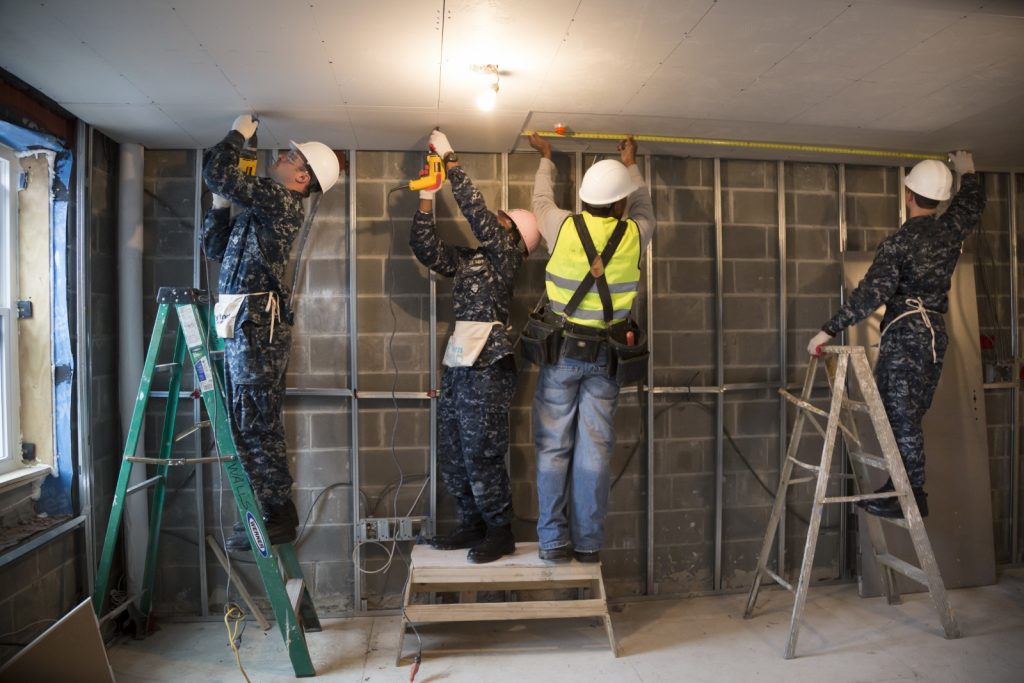
This is a guest post by Paul Skema, the founder of Roth Design + Build, an “all-in-one” architecture and construction firm based in Manhattan. The firm focuses on residential renovations in condos and co-ops throughout Manhattan.
New York City is one of the most difficult places to pull off a renovation on time and on budget. Homeowners often underestimate the level of planning, coordination, permitting and money it’ll take to get done — not to mention the surprises that can appear when you open up the walls of the city’s historic housing stock. The key to any smooth renovation, from a bathroom upgrade to a full-on gut, depends on one thing: preparing for it ahead of time. Let’s take a look at the 10 most important things to get ready for.
1. It’ll Take Research to Assemble a Team
New York is known for its varied housing stock, from luxury condos to prewar co-ops to 19th century townhouses. One type of residence is not like the other, something you’ll even find for apartments within the same building. Therefore, you want to choose a firm or a team with experience with the kind of property you’re renovating.
Don’t be afraid to test a firm’s expertise. Ask for referrals and to see their prior work. Ask questions about their pricing, how long their projects take, and the team they’ll bring on. You’re looking for complete transparency from your architect to the subcontractors they’ll hire.
2. Get Realistic About Timing
Clients often assume a renovation can kick off in a short period of time, but a big part of the contractor’s responsibility is to help an owner understand the renovation timeframe and how it works in New York. A renovation here depends on a lot of things coming together: different trades and craftsmen, permitting, and coordination with a building’s owners association. Be open to the timeline your renovation team provides you. However, that doesn’t mean you can’t hold them accountable. New York City renovations are famous for delays; something as small as an electrician showing up late to the job site can derail your plans. But an expert team that has planned ahead can minimize problems. That’s why it can be beneficial to hire a firm that has all trades in-house, including carpenters, plumbers and electricians. It reduces the guesswork of a subcontractor fulfilling their job requirements on time and on budget.
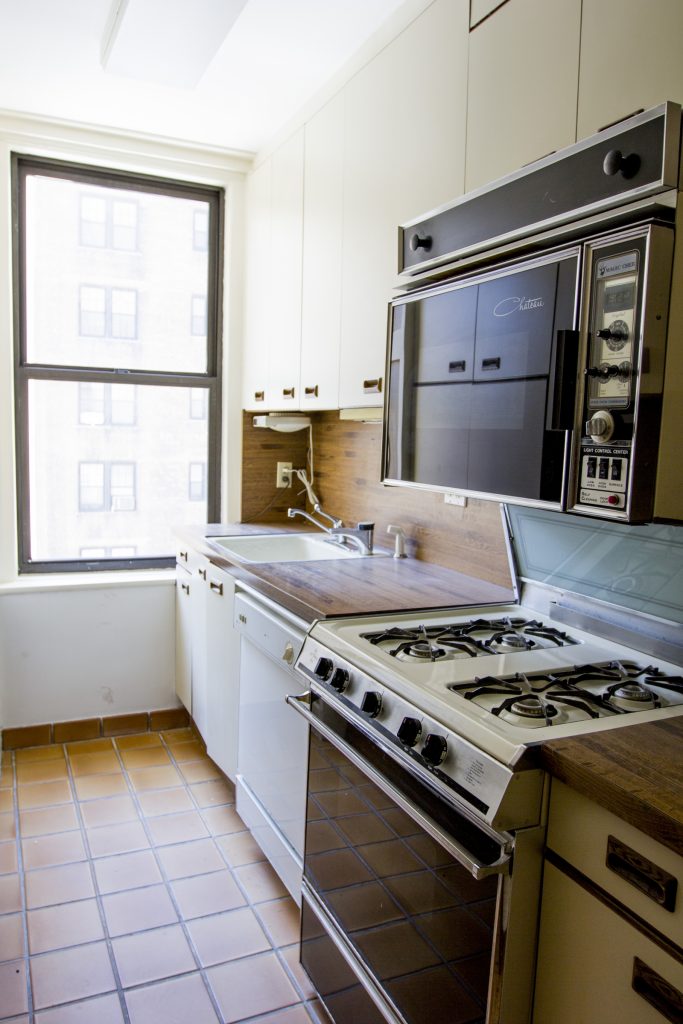
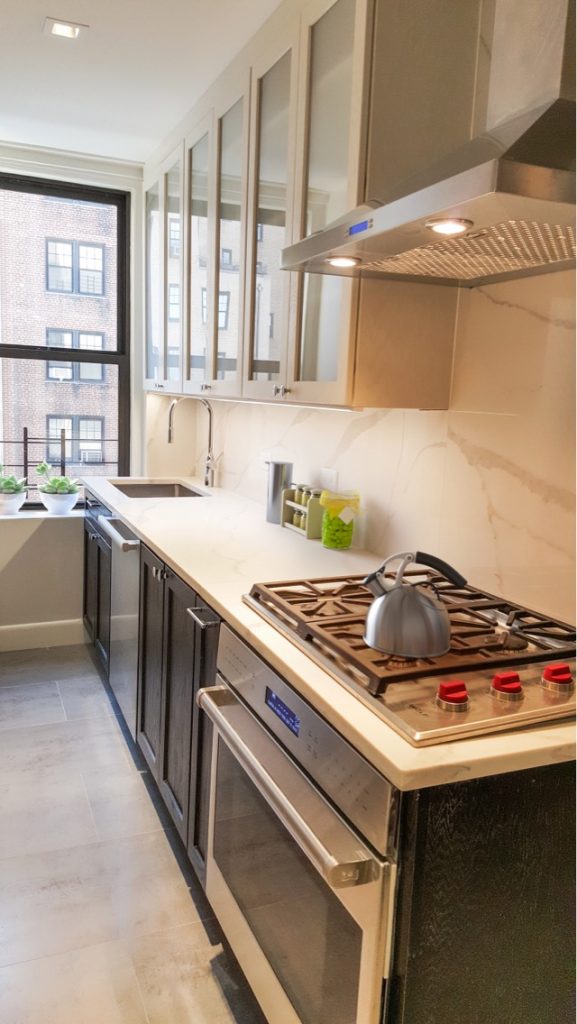
3. You Might Need a Place to Stay
If you’ve gotten the estimated timeline for your renovation project, the next step is to find a place to stay while it happens. Figure that out before construction starts, as you may need to pack up and live in an apartment while all the walls come down in your future home. And be sure to budget for that ahead of time; don’t blow all your money on a renovation if you’ll need extra to stay in an apartment while it happens.


4. The Budget Will Change
Your budget will be one of the most — if not the most — important factors of your renovation. What can you afford? What will you do if something goes wrong, or surprises happen and the project goes over budget? (It’s more common than you’d like to believe.) Be totally upfront about your budget and start to plan around it with your renovation team as soon as possible. And prepare for the fact that a New York City renovation will be more expensive due to building rules and insurance and regulation costs. It may be tempting to work with whoever quotes you the lowest rate, but a cheaper, less experienced architect or general contractor is more likely to hit delays and change orders — two factors that ultimately cause costs to soar.
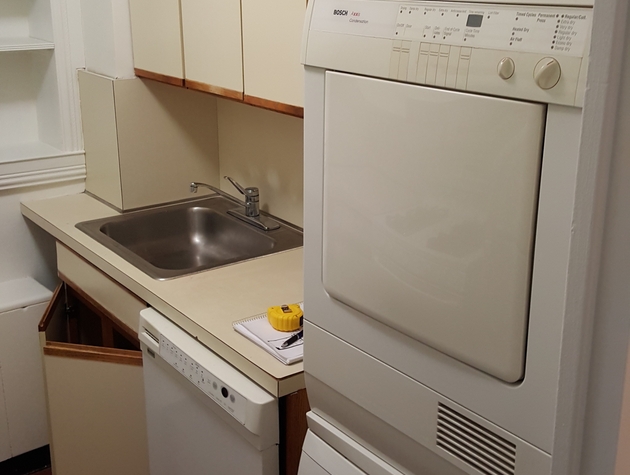
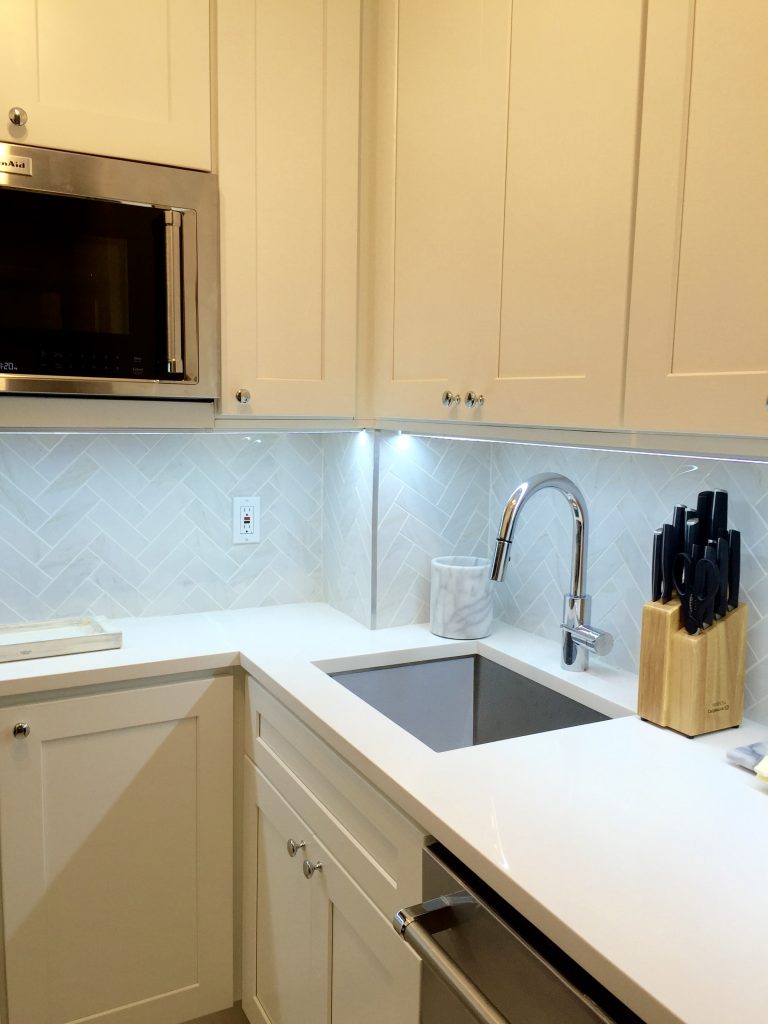
5. Different Work Requires Different Permits
Most renovation work will require a work permit, but not all. You should understand what the process will look like before you get started, as it’ll dictate the timeline of your project. A limited-scope plan, like redoing a bathroom, will require permits to change the plumbing or handle electrical wires. For a more intensive renovation, your architect will submit plans to be approved by the Department of Buildings, also known as the DOB. The DOB process can take anywhere from a few weeks to a few months, depending how complex the renovation is. Then there are renovations that don’t require any type of permitting, like refinishing floors or replacing doors.
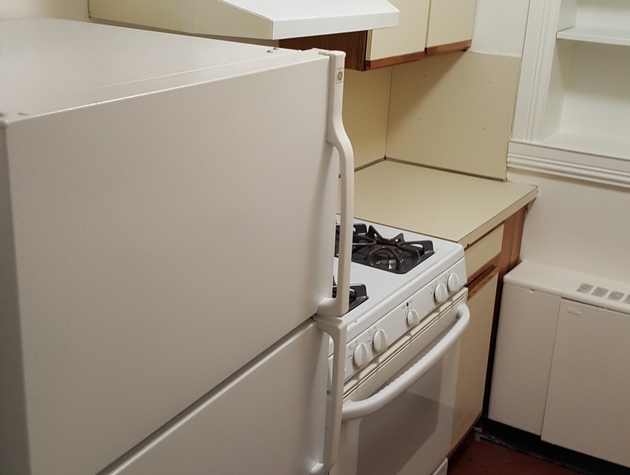
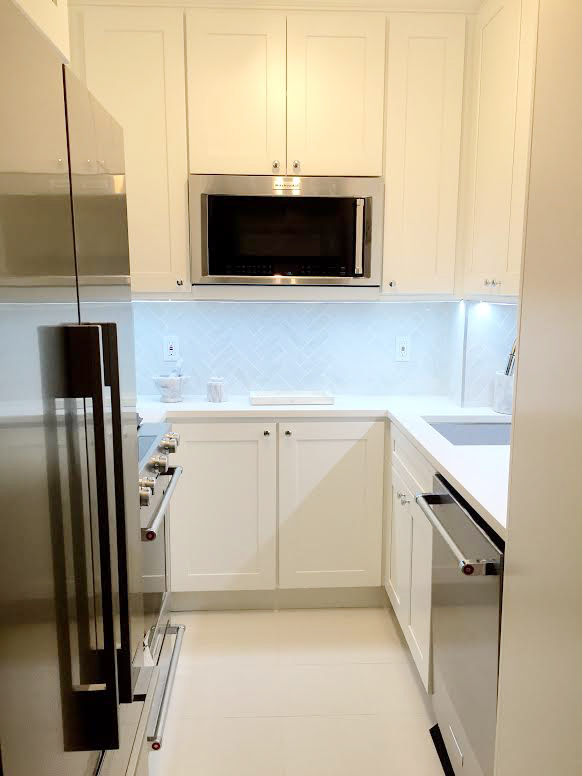
6. You’ll Have to Deal With Owners Associations
New York’s apartment buildings are regulated by owners associations of varying strictness. These associations have all set rules for renovations happening in the building, from what time you’ll be allowed to work to where you can install a washer and dryer. A technical advisor, like an architect or engineer hired by the board, will also sign off on any renovation plans. Co-op boards tend to be stricter than condos — and they can definitely derail your renovation plans — so you should ask for their renovation policies before you decide to buy an apartment in the building.
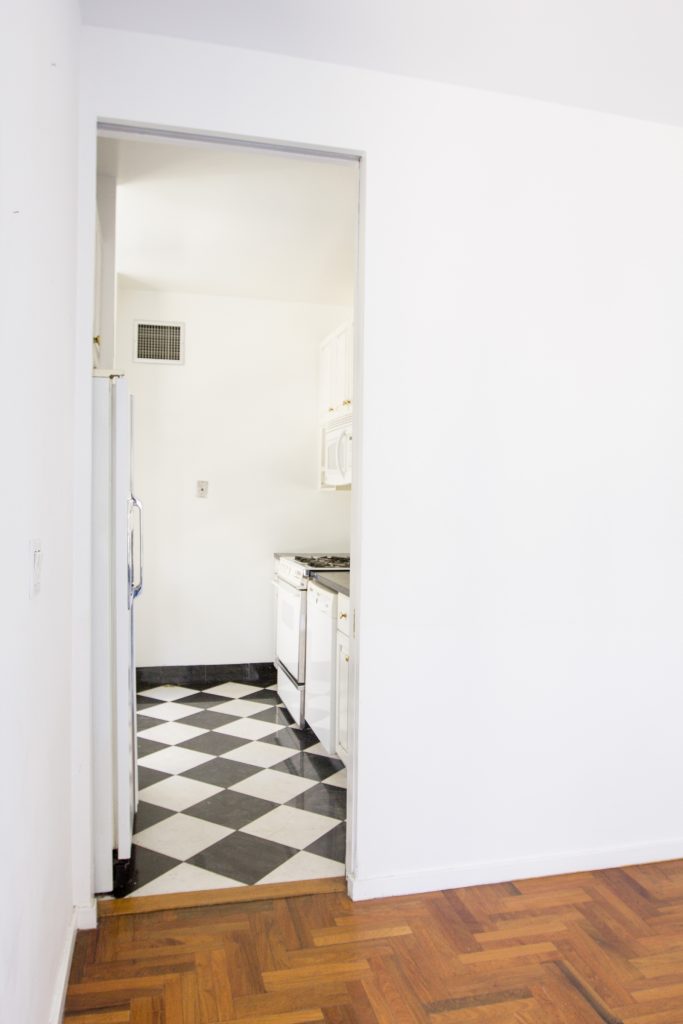
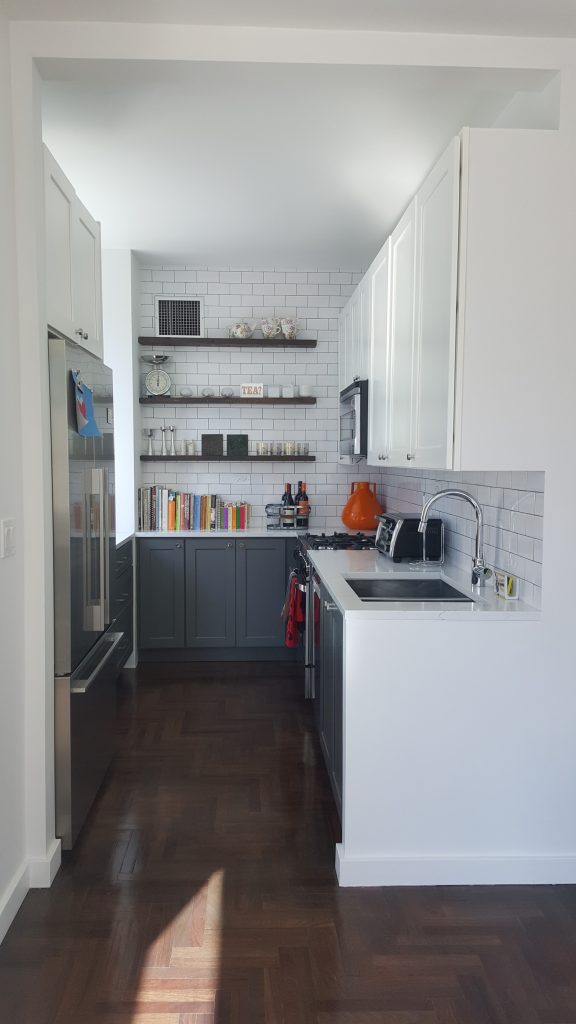
7. You’ll Have to Take Your Neighbors Into Account
Neighbors, too, should be a consideration before you start your renovation. Will the work affect adjacent apartments or homes? And do you have a neighbor that will be understanding, or likely file a complaint? Inside an apartment building, it’s required to give notice to your neighbors before a project.
8. Old Buildings Often Hold Surprises
You just don’t know what’s behind the walls of New York City buildings. And with an old building, it can be a number of things — rotted plumbing, frayed electrical wires, or sagging wood joists. In demolition, the apartment is dissected piece by piece, and if it’s rushed you risk damaging the building. Older buildings can also complicate plans for a complete redesign of the apartment, so it might not be the best idea to buy a prewar co-op with a strict owner’s association and try to turn it into a modern, open floor plan.
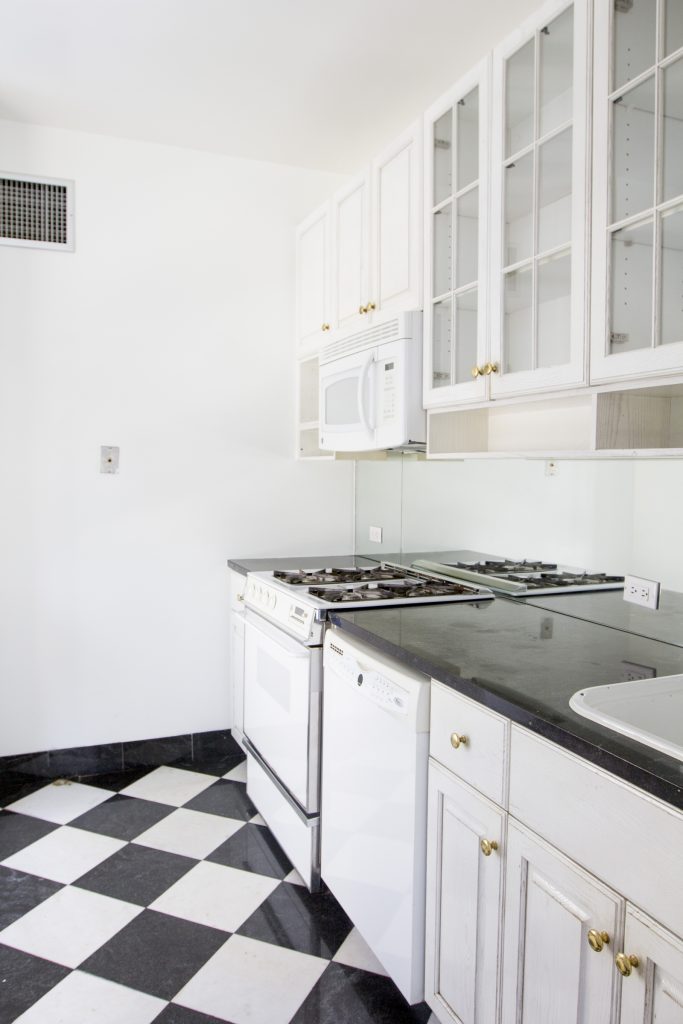
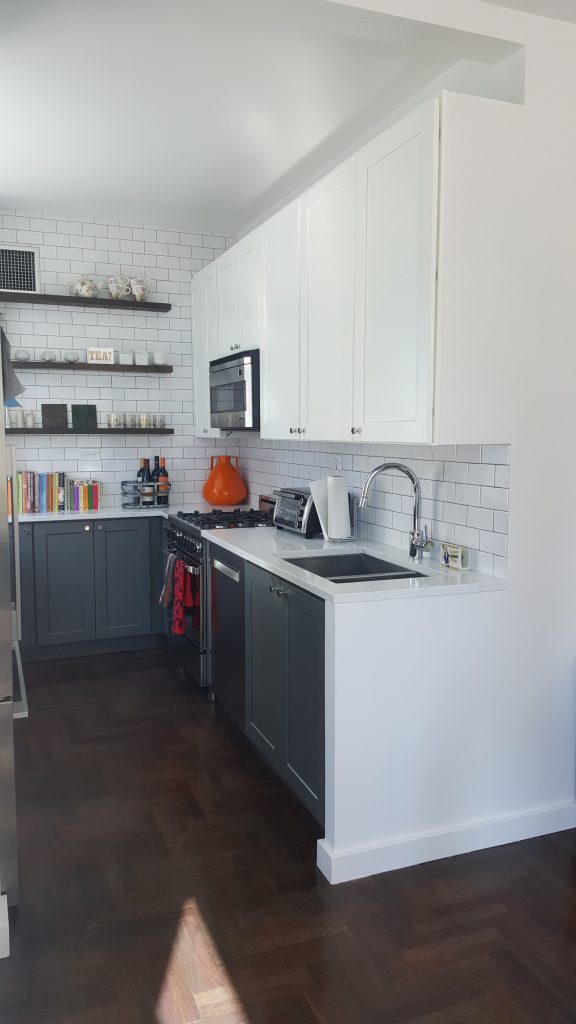
9. Know Who’s Responsible When Things Go Wrong
So what happens when your contractor accidentally breaks a fragile old pipe? Or a worker gets injured on the job site? Know who will be held responsible, and what type of insurance covers what. There are two types of insurance: liability insurance, for when something goes wrong with the building, and workman’s compensation, for when someone is injured on the job. Ensure that your contractor has liability insurance geared toward contractors alongside workman’s comp. If not, the homeowner becomes responsible. A “man with a van” type of contractor is more likely to disappear if issues come up on the job site, so it’s essential to hire a team with a system in place to handle these types of issues.
Apartment owners will also sign a contract between them and the building confirming that renovations will happen up to code and without damage to the building. You’ll want to make sure your homeowner’s policy protects you in the event of a contractor-caused issue. You might even need to temporarily replace your current coverage with an option that covers renovation-related risks.
10. Know Your Investment
Good contractors will have their clients to fill out a questionnaire about the type of renovation they envision and how long they plan to live in their home, as this is the best way to determine your investment. There’s a renovation for an investment property, which the owner plans to sell in a few years. Then there’s the personal renovation, which is a customized investment for long-term ownership. In renovating for yourself, you can customize finishes to fit you. But if you’re looking to sell in a couple years, customization could hurt you, as those custom details will cost more and might not appeal to others when you’re selling your apartment.
—
Hey, why not like StreetEasy on Facebook and follow @streeteasy on Instagram?









